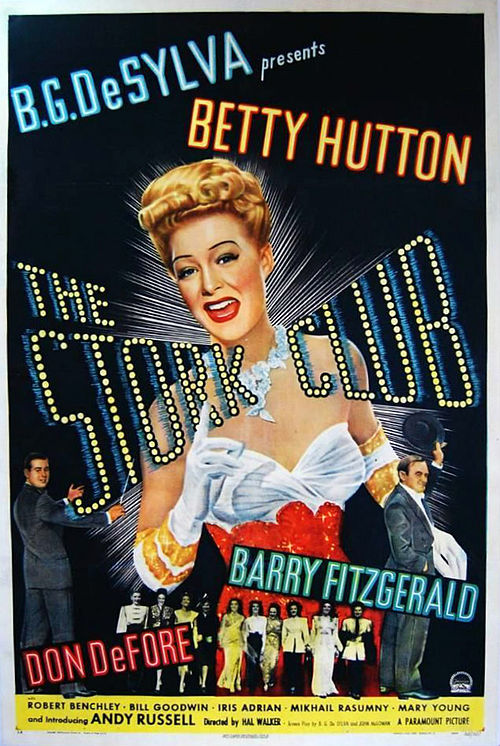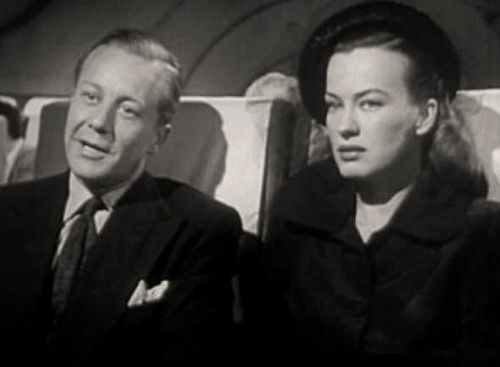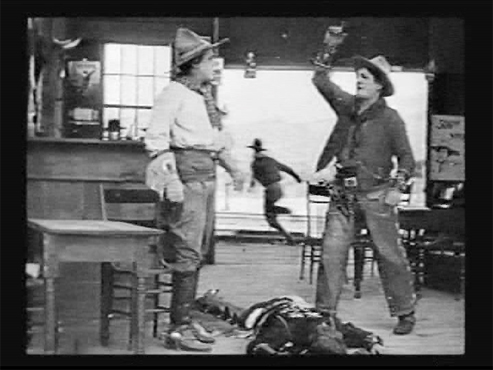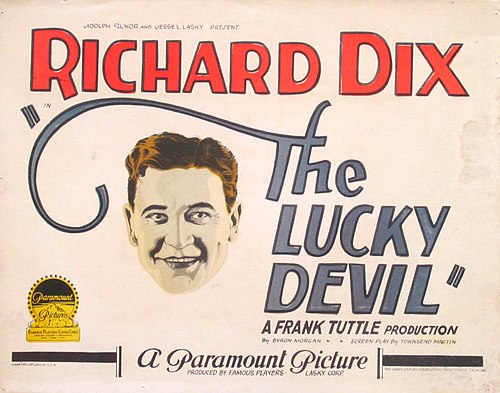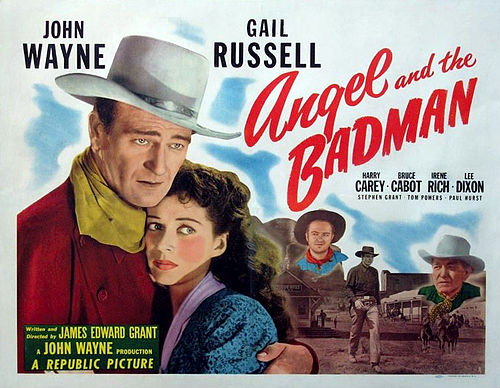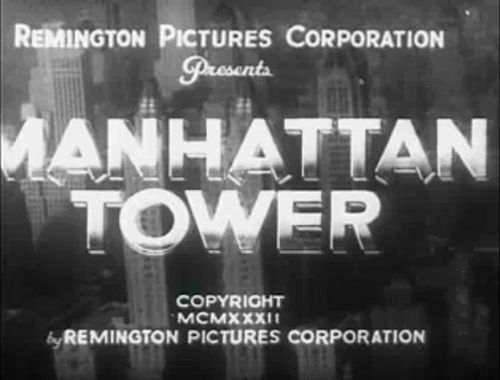Advertisement
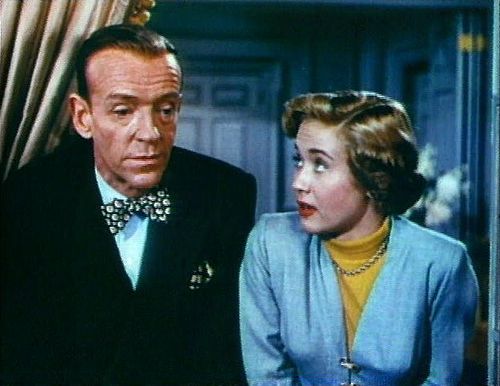
Image source: Wikimedia Foundation (wikimedia.org)
Download Movie [Video Format: MP4]
Movie Source: Internet Archive (archive.org)
Advertisement
Advertisement
Royal Wedding
1951
Brother and sister dancing duo Tom and Ellen Bowen (Fred Astaire and Jane Powell) travel to merry old England. There, against the backdrop of the impending wedding of royals, they go about the usual comedic pursuit of love. This film is probably most memorable for Astaire's dream sequence that has him dancing on the ceiling. The source is not of the best quality, with analog artifacts and blownout color. For more info on this film see its IMDB.com entry.
Royal Wedding is a 1951 Metro-Goldwyn-Mayer Musical film comedy film starring Fred Astaire and Jane Powell, with music by Burton Lane and lyrics by Alan Jay Lerner. The film was directed by Stanley Donen; it was his second film and the first he directed on his own. It was released as Wedding Bells in the United Kingdom.< name=var51 />
The story is set in London in 1947 at the time of the wedding of Princess Elizabeth and Philip Mountbatten, Duke of Edinburgh. Astaire and Powell are siblings in a musical ensemble and dance ensemble duo, echoing the real-life theatrical relationship of Fred and Adele Astaire.
Royal Wedding is one of several MGM musicals that List of films in the public domain in the United States on their 29th anniversary due to failure to renew the copyright registration.< name=pubdomain />
Plot
The story sees brother and sister Tom and Ellen Bowen as stars of a show Every Night at Seven, a Broadway theatre success. They are persuaded to take the show to London, capitalizing on an wedding of Princess Elizabeth and Philip Mountbatten, Duke of Edinburgh.On the ship, Ellen meets and quickly falls in love with the impoverished but well-connected Lord John Brindale. Whilst casting the show in London, Tom falls in love with a newly engaged dancer, Anne Ashmond. Tom assists Anne to reconcile her estranged parents and also asks his agent to locate Anne's supposed fiancé in Chicago – only to discover that he's married.
Carried away by the emotion of the wedding, the two couples decide that they will also be married that day.
Cast
- Fred Astaire as Tom Bowen
- Jane Powell as Ellen Bowen
- Sarah Churchill (actress) as Anne Ashmond
- Peter Lawford as Lord John Brindale
- Keenan Wynn as Irving Klinger/Edgar Klinger
- Albert Sharpe as James Ashmond
Production
Stanley Donen and Jane Powell were not part of the film's original crew and cast; former dancer Charles Walters was the film's original director, with June Allyson as Astaire's co-star.< name=tcmprint /> Judy Garland was then signed as Ellen, over the objection of Walters who had spent a "year-and-a-half nurturing her through her previous film, Summer Stock"; instead of listening to Walters' objection, Arthur Freed brought in Donen as director; Garland, who during rehearsal worked only half-days, starting calling in sick as principal photography was to begin. That prompted Freed to replace her, which in turn caused MGM to cancel her contract with the studio, one that had lasted 14 years.< name=tcmprint />Principal photography occurred in 1950, from July 6-August 24; retakes took place in mid-October.< name=tcmprint />
The scene featuring the song "You're All the World to Me" was filmed by building a set inside a revolving barrel and mounting the camera and its operator to an ironing board which could be rotated along with the room.< name=tcmprint />
Notable songs and dance routines
- "Sunday Jumps": Astaire credits the idea for this solo to his long-time choreographic collaborator Hermes Pan (choreographer). In it, Astaire parodies himself by dancing with a hatstand and appears to parody his rival and friend Gene Kelly by inserting a mock bodybuilding episode during which he kicks aside some Indian clubs in a erence to Kelly's "Be A Clown" routine with Nicholas Brothers in The Pirate. The fame of the dance rests on Astaire's ability to animate the inanimate. The solo takes place in a ship's gym, where Astaire is waiting to rehearse with his partner Powell, who doesn't turn up, echoing Adele Astaire's attitude toward her brother's obsessive rehearsal habits to which the lyrics (unused and unpublished) also made erence. In 1997, Astaire's widow Robyn authorized Dirt Devil to use a digitally altered version of the scene where Astaire dances with a hatstand in a commercial; Astaire's daughter Ava objected publicly to the commercial, implying they had "tarnish[ed] his image" and saying it was "the antithesis of everything my lovely, gentle father represented"< name=vacuum />
- "Open Your Eyes": This waltz is sung by Powell at the beginning of a romantic routine danced by Powell and Astaire in front of an audience in the ballroom of a transatlantic liner. Soon, a storm rocks the ship and the duet is transformed into a comic routine with the dancers sliding about to the ship's motions. This number is based on a real-life incident which happened to Fred and Adele Astaire as they traveled by ship to London in 1923.
- "The Happiest Days of My Life": Powell's character sings this ballad to Lawford's, with Astaire sitting at the piano.
- "How Could You Believe Me When I Said I Love You When You Know I've Been a Liar All My Life" has what is considered the longest title of any song in MGM musical history. For the first time in his career, Astaire casts aside all pretension to elegance and indulges in a comic song and dance vaudeville-style with Powell. The routine recalls the "A Couple Of Swells" number with Judy Garland in Easter Parade (1948 film). Here, for the second time in the film, he seems to parody Gene Kelly by wearing the latter's trademark straw boater and employing the stomps and splayed strides that originated with George M. Cohan and were much favored in Kelly's choreography.
- "Too Late Now": Powell sings her third ballad, this time an open declaration of love, to Lawford.
- "You're All the World to Me": In one of his best-known solos, Astaire dances on the walls and ceilings of his room because he has fallen in love with a beautiful woman who also loves to dance. The idea occurred to Astaire years before and was first mentioned by him in the MGM publicity publication Lion's Roar in 1945.
- "I Left My Hat in Haiti": This number, essentially the work of Nick Castle, involves Powell, Astaire, and chorus in a song and dance routine with a Latin theme.
Reception
According to MGM records, the film earned $2,548,000 in the US and Canada and $1,354,000 elsewhere, resulting in a profit to the studio of $584,000.< name="Mannix"/>Upon its release, Bosley Crowther' said it had "a lively lot of dancing and some pleasantly handled songs"; according to Crowther, "Mr. Astaire has fared better in his lifetime-and he has also fared much worse."< name=NYTimes/>
"Too Late Now" was nominated for an Academy Award for Best Original Song at the 24th Academy Awards, losing the award to "In the Cool, Cool, Cool of the Evening" by Hoagy Carmichael and Johnny Mercer, that had been featured in Here Comes the Groom.
Home video and other formats
In 2007, Warner Home Video released Royal Wedding in a DVD set as part of its "Classic Musicals From The Dream Factory" series, along with "three fine-but-unexceptional films directed by Norman Taurog" and two other films: The Belle of New York and The Pirate.< name=dvd/>The film was later featured in an List of Cinema Insomnia episodes.< name=CinemaInsomnia.com/> It is also distributed through Corinth Films.< name=CorinthFilms/>
The songs listed Royal Wedding#Notable songs and dance routines were published by MGM on an early 10 inch LP record recorded at 33 1/3 RPM (MGM E-543).
The song "Sunday Jumps" was erenced by Mel Gibson in What Women Want and by David Byrne (musician) in Stop Making Sense of his band, Talking Heads. "Sunday Jumps" was also parodied by Kermit the Frog in The Great Muppet Caper.
Notes
</> -->< name=tcmprint></>
< name=var51></>
< name=pubdomain></>
< name=vacuum></>
< name=NYTimes></>
< name=CinemaInsomnia.com></>
< name=CorinthFilms></>
< name=dvd></>
}}
Category:1951 films
Category:1950s musical comedy films
Category:1950s romantic comedy films
Category:American films
Category:American musical comedy films
Category:American romantic comedy films
Category:American romantic musical films
Category:English-language films
Category:Films directed by Stanley Donen
Category:Films set in the 1940s
Category:Films set in London
Category:Metro-Goldwyn-Mayer films
Category:Films produced by Arthur Freed
Arthur Freed


